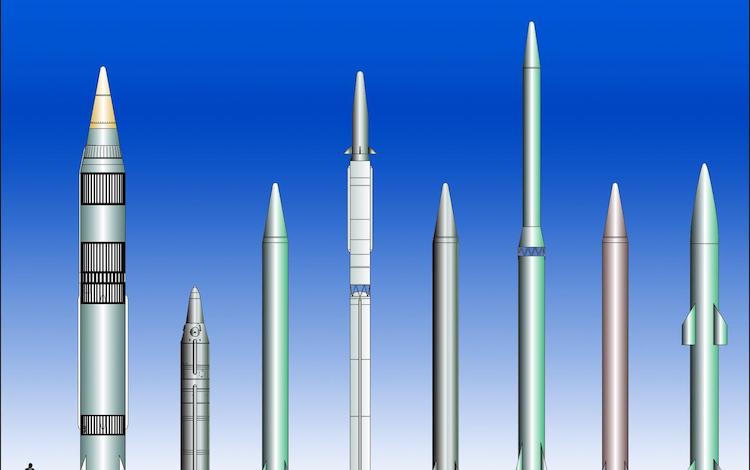By J C Suresh

TORONTO (IDN) – In the wake of President Donald Trump’s recent announcement to “terminate” the Intermediate-Range Nuclear Forces (INF) Treaty “in response to Russian violations of the agreement”, an international group consisting of high-level experts and former officials is warning of the dangers of the collapse of the treaty and urging a diplomatic resolution to the dispute.
The treaty marked the first time the superpowers had agreed to reduce their nuclear arsenals, eliminate an entire category of nuclear weapons, and utilize extensive on-site inspections for verification. It reduced the risk of nuclear escalation and an arms race in Europe.
Echoing the concerns of many European allies, the statement notes that “[t]he repercussions of a collapse of the INF treaty would be tremendous: it could trigger a new arms race, significantly increase the risk of nuclear escalation, [and] further undermine political relations between the United States, Russia and Europe.”
According to Daryl Kimball, executive director of the Arms Control Association based in Washington, the statement was organized by the members of a 21-strong trilateral German-Russian-U.S. Deep Cuts Commission, which was established in 2013 to develop proposals to overcome obstacles to sensible arms control agreements and further reductions in U.S. and Russian nuclear stockpiles.
Attention to the statement published on November 16 was drawn by the Arms Control Association in a media advisory three days later.
The U.S. allegations about a non-compliant Russian ground-launched cruise missile (the 9M729) are serious, as are Russian concerns that launchers (the Mk-41) for the NATO missile interceptors in Romania (and soon in Poland) could be used to field offensive missiles prohibited by the INF Treaty, notes the statement.
Trump’s plan to withdraw from the INF Treaty has raised concerns about exacerbating military and political tensions with Russia and the future of the 2010 New Strategic Arms Reduction Treaty (New START). The statement notes that without either of these treaties, there would be no legally-binding, verifiable limits on the world’s two largest nuclear arsenals, or anywhere else in the world.
If the 9M729 Russian missile is determined to have a range that exceeds 500 km, Moscow could “modify the missile to ensure it no longer violates the treaty or, ideally, halt production and eliminate any such missiles as well as associated launchers in its possession.”
For its part, the United States could modify its missile defense launchers to clearly distinguish them from the launchers used to fire offensive missiles from U.S. warships, or agree to transparency measures that give Russia confidence the launchers cannot fire offensive missiles.
“Such an arrangement would address the concerns of both sides and offer a face-saving approach to restore compliance with the treaty,” says the statement. It points out that in a summit meeting in Helsinki in July, the Trump administration officials apparently proposed to Russia that it eliminate the 9M729 missile, but there have been no follow-on discussions on the option and no offer for reciprocal measures to address Russia’s concerns.
“We believe the United States and Russia should exhaust all cooperative options to solve the INF Treaty crisis instead of scrapping the treaty,” the signers of the statement emphasize.
When presidents Trump and Putin meet on the sidelines of the G20 Summit in Argentina on November 30 and December 1, 2018, they should acknowledge the other side’s INF concerns and direct their experts to find a solution that resolves compliance concerns.
“They should agree to relaunch immediately a genuine and regular dialogue on strategic stability and commit to begin talks on the extension of New START by a period of five years, as provided for in Article XIV of the treaty,” the statement proposes. [IDN-InDepthNews – 19 November 2018]
Photo: Intermediate-range ballistic missiles. Credit: Wikimedia Commons
IDN is flagship agency of the International Press Syndicate.
facebook.com/IDN.GoingDeeper – twitter.com/nukeabolition






